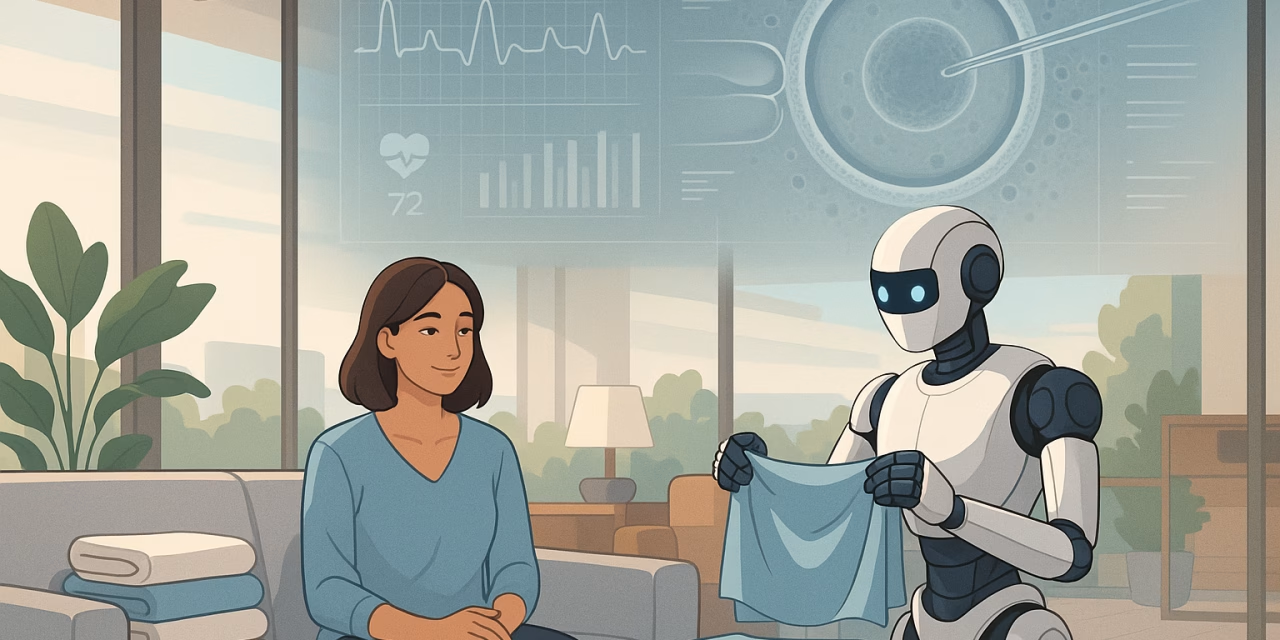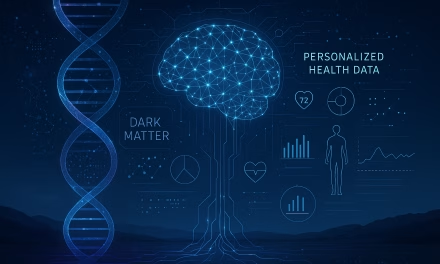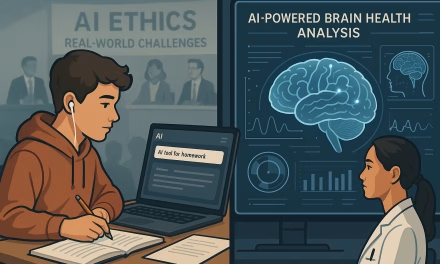June 28, 2025, highlights the increasingly direct and tangible impact of Artificial Intelligence on personal well-being and daily living. The day’s news showcases how AI is seamlessly integrating into our lives, from groundbreaking medical applications to advanced home robotics, enhancing both health and convenience.
A remarkable breakthrough comes from Columbia University Fertility Center, where AI-assisted microscopy has achieved unprecedented success in identifying viable sperm for fertility treatments. This technology, capable of completing in under sixty minutes what traditionally took lab technicians 48 hours of manual examination, offers new hope in cases previously deemed hopeless. This demonstrates AI’s profound ability to enhance human capabilities in sensitive and critical areas of personal health.
Simultaneously, Google DeepMind’s release of Gemini Robotics On-Device is set to revolutionize daily living. These cord-free humanoid robots can perform complex household tasks like laundry folding, with local processing rather than cloud dependency. This advancement not only improves speed and efficiency but also enhances privacy for home users, making AI assistance more immediate and personal.
This period marks a broader trend of AI integration across consumer products, with companies racing to embed AI features in everything from medical devices to home appliances. The shift towards edge computing solutions, where AI operates directly on personal devices, signifies a move towards more immediate and private AI assistance for daily lifestyle applications.
The developments on June 28, 2025, collectively paint a picture of a future where AI acts as a powerful, yet discreet, assistant in our homes and health. By providing solutions that directly address personal needs and improve quality of life, AI is becoming an indispensable partner in our pursuit of well-being and convenience.





